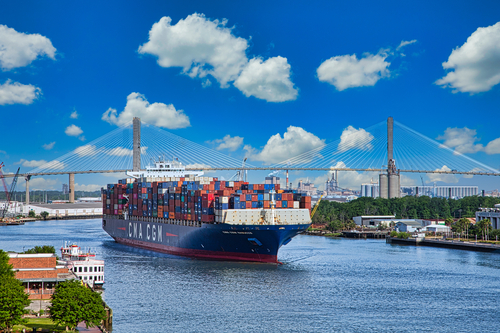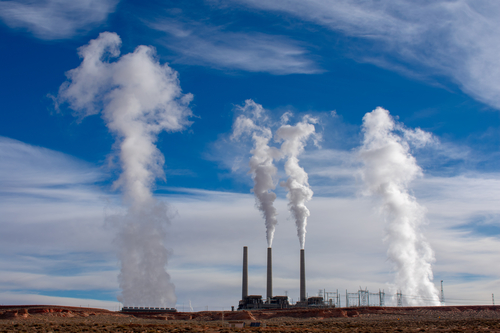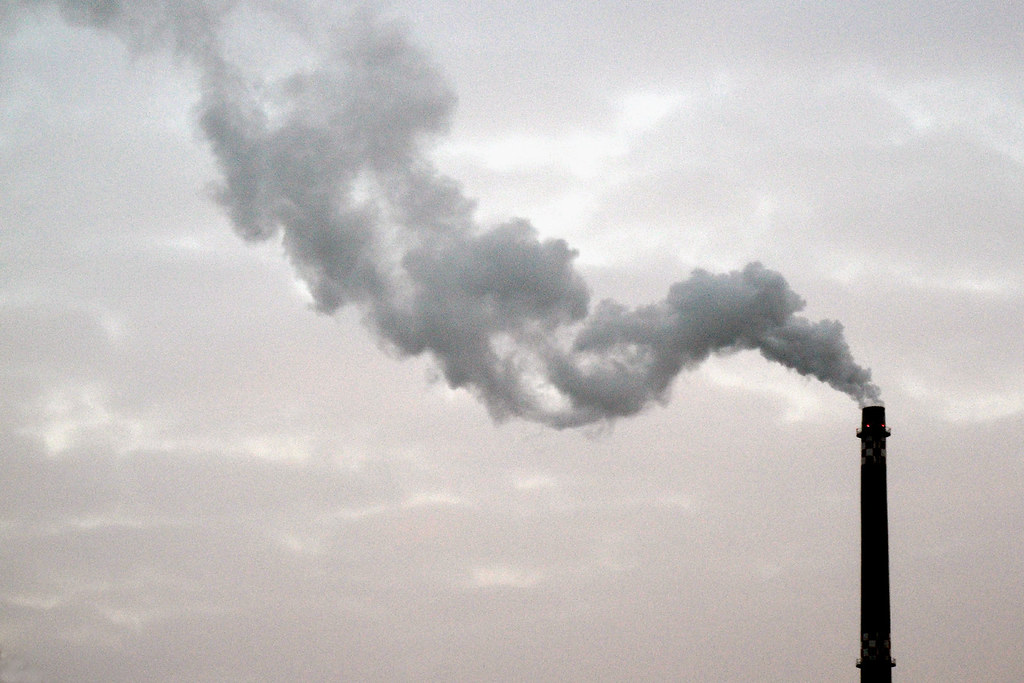
In a bid to reduce air pollution, a recent switch to cleaner shipping fuels has inadvertently resulted in a spike in global warming, a phenomenon described as an unintended climate “shock.”

This outcome has emerged from a combination of satellite observations and model simulations intended to analyze the effects of reduced sulfur in maritime fuel.

The International Maritime Organization’s (IMO) regulations, implemented in January 2020, aimed to slash sulfur dioxide (SO2) emissions by 80% to improve air quality, but they also dimmed the ocean’s capacity to reflect sunlight back into space.

SO2 is known to have a cooling effect on the planet by creating aerosols that enhance cloud reflectivity.

As a result, the reduction of SO2 emissions may have significantly contributed to the heat uptake of our planet, especially in major shipping lanes.

This inadvertent reduction of cloud reflectivity due to cleaner fuels could potentially be responsible for doubling the global warming rate for this decade, and may have played a role in the record-breaking heat observed in 2023 and continuing into 2024.

This revelation about the cleaner shipping fuel’s unexpected impact on global warming has sparked debate among scientists. Some, like the research team led by Tianle Yuan at the University of Maryland, assert that the cleaner fuel regulation could be responsible for a considerable portion of the planet’s total net heat uptake since 2020.

However, others, like Joel Hirschi from Britain’s National Oceanography Centre, caution that while the study may exaggerate the impact of the IMO fuel policy, the reduced sulfur content in ship fuel is undoubtedly a contributing factor to recent extreme temperatures.

Moreover, these insights have led to a serious consideration of “marine cloud brightening” as a potential geoengineering solution to combat global warming.

Experiments to thicken clouds by spraying seawater into the air are already underway, though this approach remains controversial and necessitates further research.

Geoengineering, including strategies to reflect heat back into space, has raised concerns about unintended side effects, like changes to rainfall patterns, as highlighted by Edward Gryspeerdt from Imperial College London.

Despite the necessity to reduce sulfur emissions for health reasons, the paradoxical impact of these regulations on climate warming is stark.

The discussion around these results emphasizes the complex and often interconnected nature of human actions on the environment.

According to Stuart Haszeldine, director of the Edinburgh Climate Change Institute at the University of Edinburgh, “Sometimes doing the right thing to decrease the effects of emissions, can produce the wrong answer.”

The study further underlines the urgency for a multifaceted approach to climate change, one that continues to reduce harmful emissions but also considers innovative strategies to manage the planet’s warming.
Relevant articles:
– Cleaner Shipping Fuel Is Contributing to Ocean Warming: Report, insurancejournal.com
– Study: Cleaner shipping fuel accelerated global warming, Naharnet
– Cleaner shipping fuel accelerated global warming: study, Infra News, ET Infra, IndiaTimes
– expert reaction to sulphur reductions in shipping fuel and increased maritime warming, Science Media Centre
